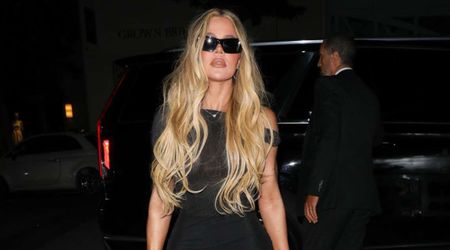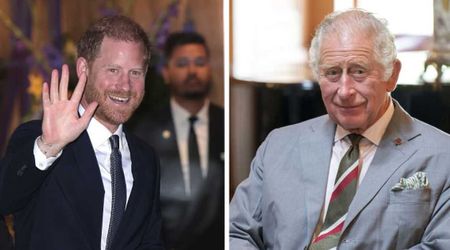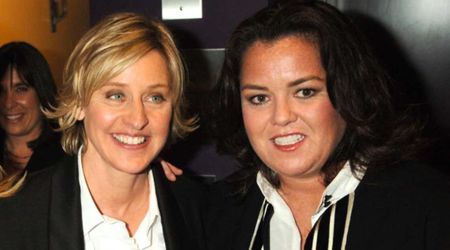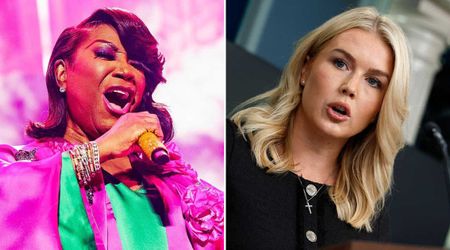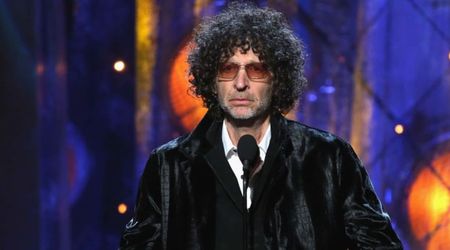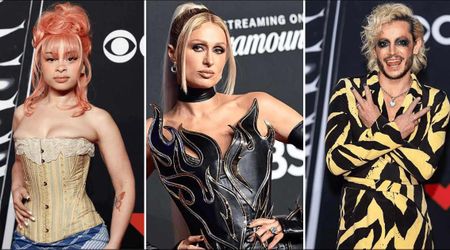It's the best part of filmmaking': Jason Momoa tells Stephen Colbert why he wrote 50-page treatment for 'Aquaman and the Lost Kingdom'
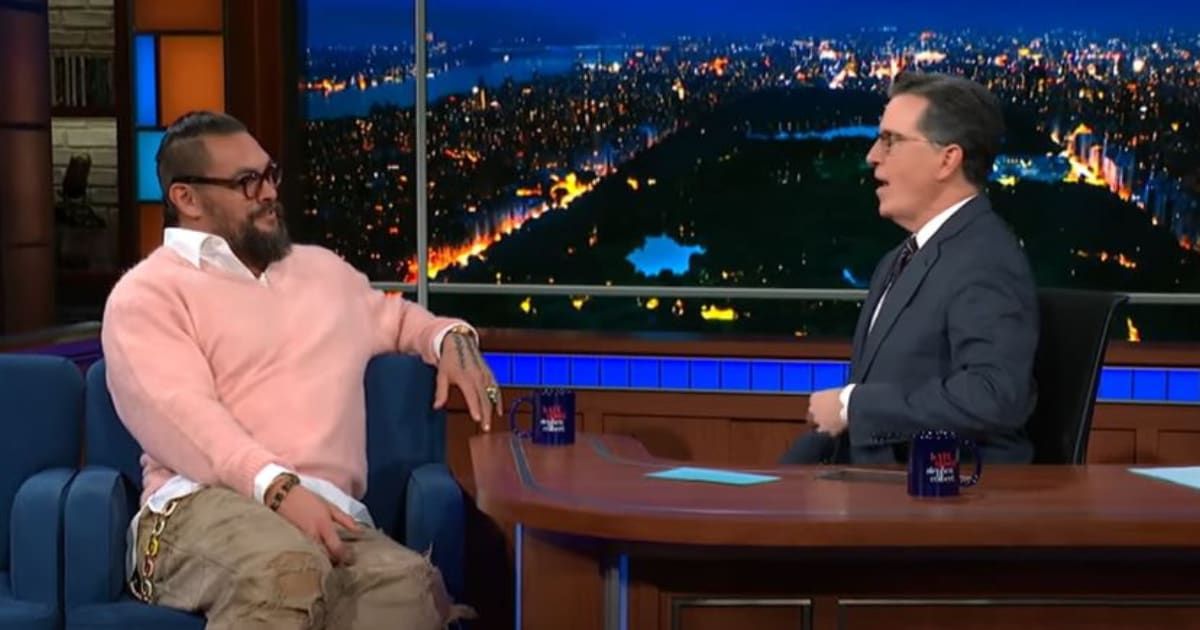
LOS ANGELES, CALIFORNIA: During a recent appearance on 'The Late Show with Stephen Colbert', Jason Momoa, the charismatic and dynamic actor known for his roles in 'Aquaman' and 'Dune', shed light on his unexpected journey into the world of entertainment and his passion for filmmaking.
In a candid and engaging conversation with Colbert, Momoa revealed his initial aspirations of becoming a marine biologist. "You wanted to be a marine biologist and now you're Aquaman?" asked Colbert, showcasing the intriguing contrast between Momoa's youthful ambitions and his current larger-than-life role as the underwater superhero.
Embracing environmental advocacy and cultural representation
Momoa, who is of Polynesian heritage, emphasized his deep-rooted connection to the environment and how he desired to champion environmental causes.
However, fate had other plans for him, leading him into the realm of acting. "Acting fell in love with me, and then you fall in love with acting," he explained, illustrating how his career path veered from science to the performing arts.
As Colbert humorously reminisced about Momoa's early appearance in 'Baywatch Hawaii' 23 years ago, Momoa reflected on the poetic symmetry of his career, transitioning from a fledgling role to embodying Aquaman, the iconic superhero of the seas.
"It's exciting to play something that you're passionate about and do it to the next level," he said.
He expressed pride in being the first brown-skinned superhero, underscoring the impact of representation for Polynesian individuals, especially the youth who now look up to him in a different light.
However, it wasn't just acting that captivated Momoa.
Aquaman's future and cryptic hints at Duncan Idaho's fate
Jason Momoa's enthusiasm for the creative process extended to writing and directing, as evidenced by his involvement in crafting a 50-page treatment for 'Aquaman 2: The Lost Kingdom'.
"The nice thing about writing, if you're performing, you get to ask of you what you want to do," the actor said.
Despite the challenges of presenting his ideas to Warner Bros and DC, Momoa found joy in the imaginative freedom that writing allows, describing it as "the best part about filmmaking."
When queried about the transformation of Aquaman's character into a father in the sequel, Momoa hinted at drawing inspiration from his own life as a father to two teenagers.
"Aquaman is a dad now. That changes how you feel," he said.
Colbert, a fervent fan of Momoa's work, playfully prodded him about his role as Duncan Idaho in 'Dune.'
"Oh, I know," the actor said while responding to Stephen Colbert's questions about his character's fate in the 'Dune' franchise.
"You are Aquaman, the wettest possible character imaginable, and then you're Duncan Idaho in the driest possible planet imaginable," Colbert said.
While the conversation steered clear of revealing spoilers, Momoa maintained an air of secrecy regarding his potential involvement in the subsequent movies of the franchise, leaving fans in suspense.
Amid the humor and banter, Momoa's passion for storytelling and his multifaceted involvement in the creative process shone through.
His journey from aspiring marine biologist to a multifaceted artist underscores the unpredictability and diversity of career trajectories in the entertainment industry.

